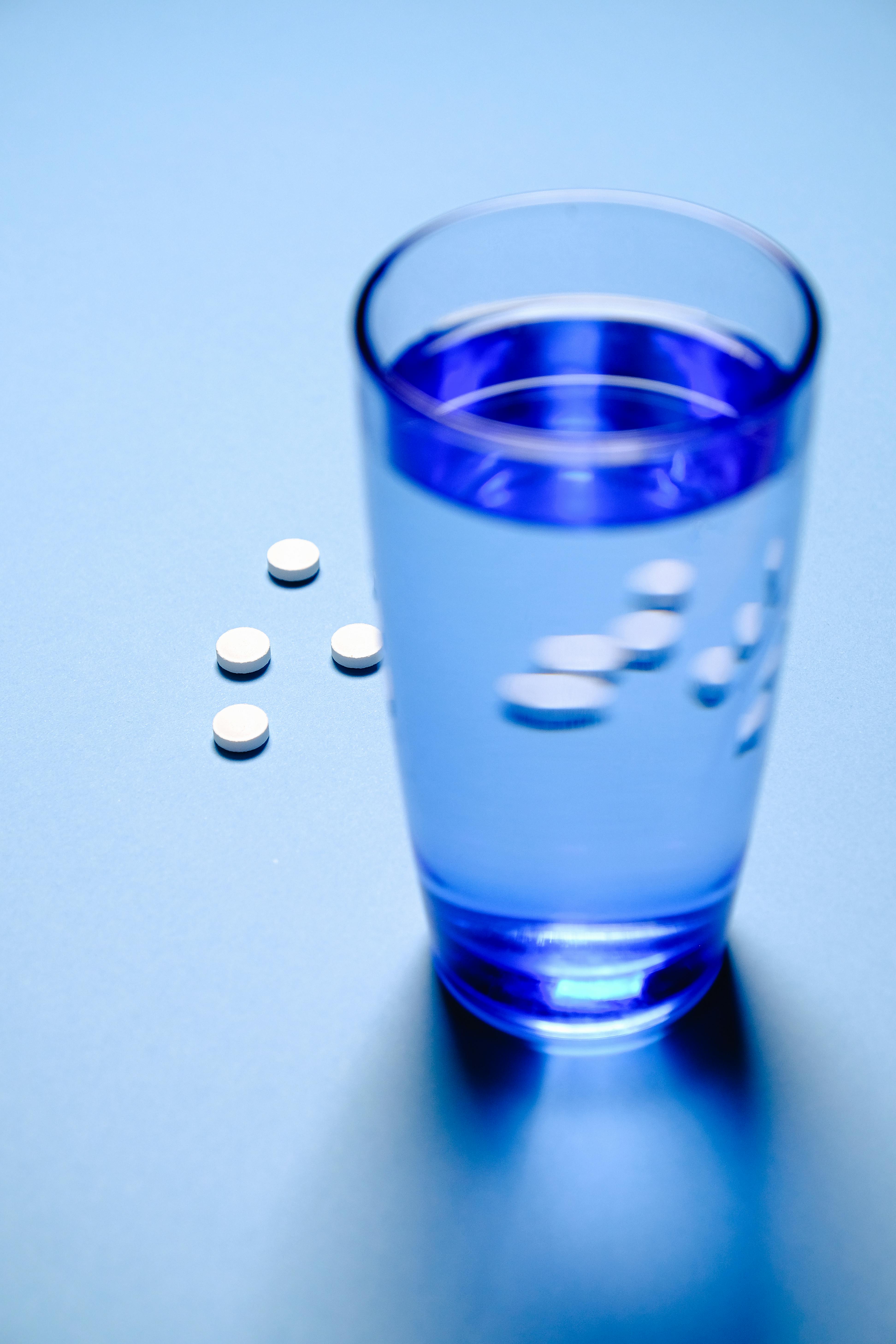The Power of the Sunshine Vitamin: What You Need to Know About Vitamin D and Cancer
By Dr. Punam Rana MD MSc • Medical Oncologist & Mindfulness Educator

What Is Vitamin D?
Vitamin D acts more like a hormone once activated in the body. When your skin is exposed to ultraviolet B (UVB) rays, it converts 7-dehydrocholesterol into vitamin D3, which is then converted by the liver and kidneys into calcitriol, its active form. Small amounts are also obtained through diet and fortified foods.
Why Do We Need Vitamin D?
- Maintains strong bones by helping absorb calcium and phosphorus
- Supports immune function and reduces inflammation
- May help regulate cell growth and reduce cancer cell proliferation

A Global Deficiency
Vitamin D insufficiency affects nearly 50% of the global population. In Canada, where sunlight is limited for much of the year, studies estimate that between 75–97% of people may have inadequate levels.
Vitamin D and Cancer Prevention
Observational studies suggest a link between higher vitamin D levels and reduced risk of certain cancers, including:
- Breast
- Colorectal
- Prostate
- Pancreatic
A 2018 meta-analysis found lower colorectal cancer risk in those with higher vitamin D. However, randomized controlled trials (RCTs) like the VITAL trial did not show a decrease in cancer incidence, though some did show a reduction in cancer-related mortality.
Long-term studies—potentially 20 years or more—may be necessary to truly assess the impact of vitamin D on cancer prevention.
 Vitamin D in Cancer Treatment
Vitamin D in Cancer Treatment
Vitamin D is not a cancer treatment, but may enhance conventional therapies:
The SUNSHINE trial found that colorectal cancer patients who received high-dose vitamin D (4000 IU daily) with chemotherapy had longer progression-free survival and reduced risk of disease progression compared to those who received a standard dose (400 IU).
Other studies suggest vitamin D may:
- Improve quality of life during chemotherapy
- Reduce treatment-related side effects
What’s the Right Dose?
The optimal dose of vitamin D varies based on factors like age, skin tone, sunlight exposure, and baseline levels. While the RDA is 600–800 IU for adults, higher doses (e.g., 4000 IU/day in the SUNSHINE trial) may be needed for additional benefits. Always consult a healthcare provider before starting high-dose supplements.
Sunlight Exposure
Aim for 10–30 minutes of sunlight exposure several times per week. Sunscreen should still be used to prevent skin damage.
Supplementation
Consider supplementing especially during winter months or if you are at risk of deficiency—but with medical guidance and periodic blood level checks to avoid toxicity.

Final Thoughts
Vitamin D is essential for overall health—and it may play a powerful supporting role in cancer care. Whether through sunlight, diet, or supplements, ensuring adequate levels is a proactive step you can take. Speak with your doctor to determine the best approach for your unique needs.
Join my community for weekly reflections on mindfulness, medicine, and motherhood—blending evidence-based healing and practical tools to bring more calm and resilience into your life.
Subscribe to The Lemon Tree newsletter.



